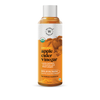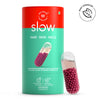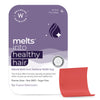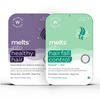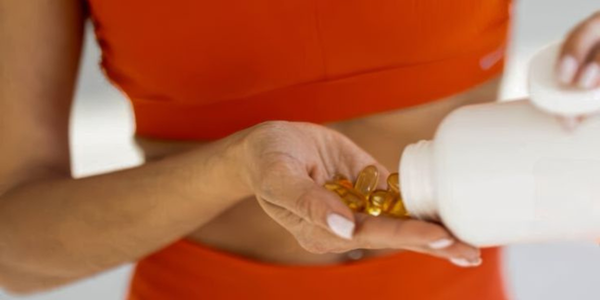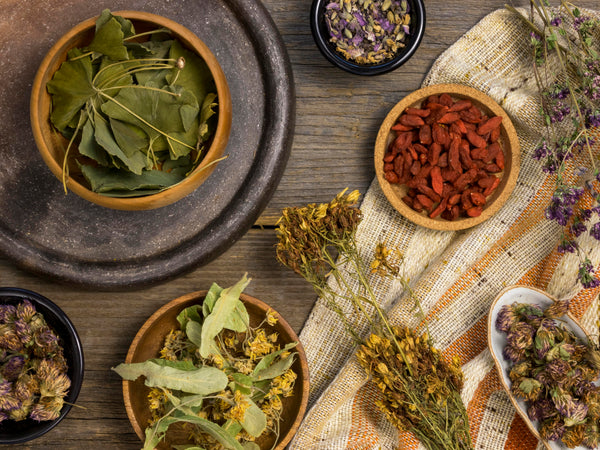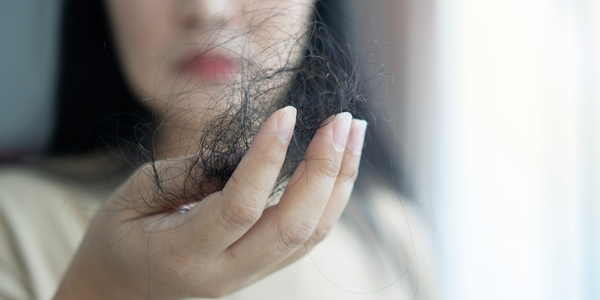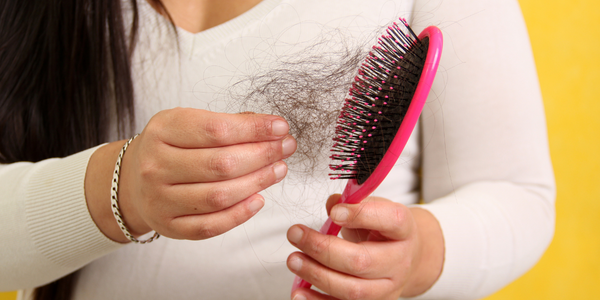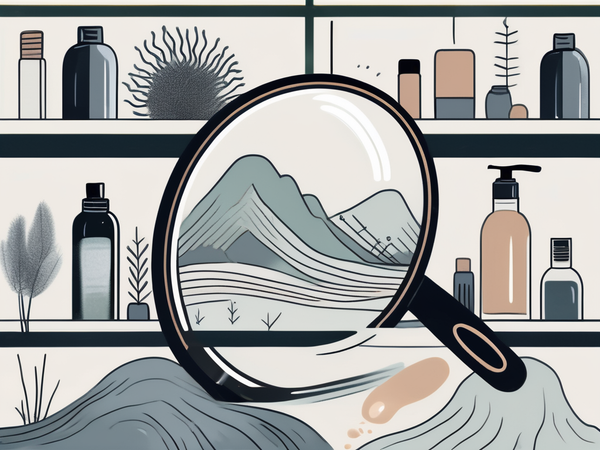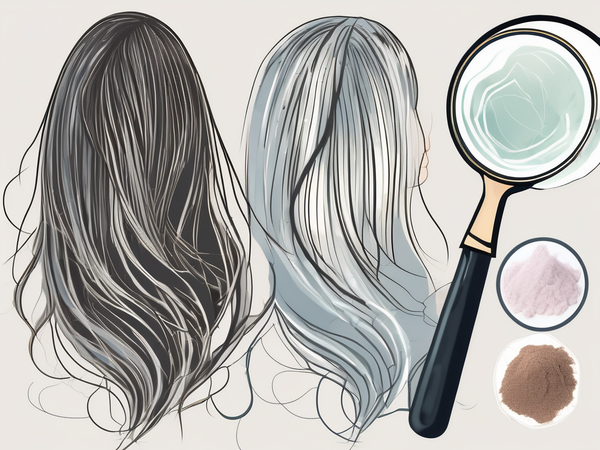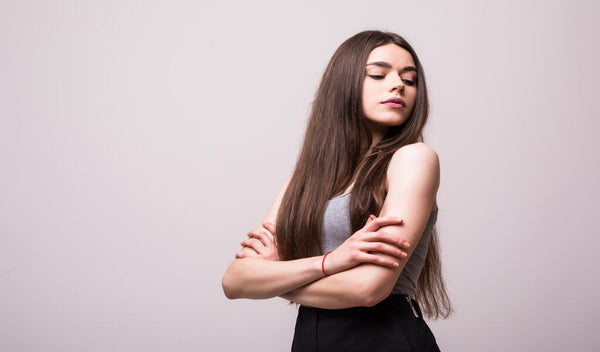Healthy hair is often seen as a sign of overall beauty and well-being. While many people invest time and money into various hair care practices and products, some common habits might be doing more harm than good. In this article, we'll explore several widespread practices that can negatively impact hair health and discuss how adopting healthy hair practices and incorporating vitamins for good hair can make a significant difference.
Common hair care practices that are doing more harm than good
-
Tight hairstyles
A loose, messy bun is always better than a tight ponytail. Buns, ponytails, and updos can cause damage to your hair follicles due to constant pulling. Such tight hairstyling can cause broken hair around the forehead in what is called ‘traction alopecia’. Receding hairline, or patches of hair loss where the hair is pulled tightly is also very common.
-
Washing hair with hot water
Washing hair with hot wateris not one of the healthy hair practices. Your hair gets stripped of its natural oils, leading to dryness and damage. This practice often results in frizzy, brittle hair and can exacerbate scalp issues like dandruff. Over time, hot water can weaken hair strands, increasing the likelihood of breakage and hair loss.
-
Using a hair dryer/hair straightener
Regular use of heat styling tools like straighteners, curling irons, and blow dryers is one of the most common culprits in damaging hair. High temperatures can strip the hair of its natural oils, leading to dry, brittle, and damaged strands. While it's fine to style your hair with heat occasionally, it's important to use a lower temperature setting and apply a heat protectant product beforehand.
-
Chemical treatments
Your expensive hair care treatments can give you the perfect short-term, lustrous, and healthy glow to your hair, but as the weeks pass, these treatments start showing their true colors. With side effects from split ends, frizziness, hair breakage, lack of luster, and many more. Chemical processes such as bleaching, coloring, perming, or relaxing can significantly weaken hair.
-
Drying hair by rubbing with a towel
Rubbing hair with a towel for drying can be detrimental to its health. This practice causes friction, leading to hair cuticle damage, which manifests as frizz, breakage, and split ends. Wet hair is particularly vulnerable, as it's more elastic and prone to damage. Vigorous towel drying can also disrupt the hair's natural texture and pattern, making it more difficult to manage. It's advisable to gently blot or pat the hair with a soft towel, or better yet, use a microfiber towel or an old t-shirt for a gentler, less damaging approach to drying hair.
-
Shampooing often
Washing hair too often can strip it of its natural oils, essential for keeping it moisturized and protected. This is particularly true when using shampoos that contain harsh chemicals like sulfates. To promote healthy hair, it's recommended to limit hair washing to a few times a week and opt for sulfate-free, gentle shampoos.
-
Poor diet
Diet plays a crucial role in hair health. Lack of essential nutrients can lead to hair loss, lackluster hair, and slowed hair growth. Vitamins for good hair include vitamin A, B vitamins (especially biotin), vitamin C, vitamin D, vitamin E, iron, zinc, and protein. A well-balanced diet rich in these nutrients is vital. Certain hair supplements may also help bridge this nutritional gap or prevent hairfall.
-
Poor Sleeping habits
Your hair can also suffer from poor sleeping habits. Sleeping on a rough cotton pillowcase can cause hair breakage due to friction. Switching to a silk or satin pillowcase can reduce this friction and help keep your hair healthier.
-
Dehydration
Dehydration can significantly impact hair health. It leads to a dry, itchy scalp, and dandruff, as the scalp fails to produce enough natural oils. Hair becomes brittle, lacks luster, and is more prone to breakage and split ends. Over time, dehydration can slow down hair growth and weaken hair strands, making the hair appear lifeless and dull. Regular and adequate water intake is crucial for maintaining hair vitality and health.
Wrapping Up
In conclusion, many routine hair care practices, often performed without a second thought, can be detrimental to hair health. From the high heat of styling tools to the friction caused by towel drying, these habits can lead to damage like dryness, breakage, and loss of natural shine. Chemical treatments, harsh shampoos, and environmental factors further exacerbate the issue. Understanding these pitfalls is crucial. By adopting gentler methods, prioritizing hydration, nutrition, and protection, and being mindful of our hair care choices, we can significantly improve the health and appearance of our hair. Remember, nurturing healthy hair goes beyond cosmetic appeal; it's a reflection of our overall well-being.
References
https://www.aad.org/public/everyday-care/hair-scalp-care/hair/habits-that-damage-hair
https://www.aad.org/public/everyday-care/hair-scalp-care/hair/habits-that-damage-hair
https://www.ncbi.nlm.nih.gov/pmc/articles/PMC5551307/
https://joshrosebrook.com/blogs/articles/91363463-you-cant-really-repair-or-heal-damaged-hair
https://joshrosebrook.com/blogs/articles/91363463-you-cant-really-repair-or-heal-damaged-hair








